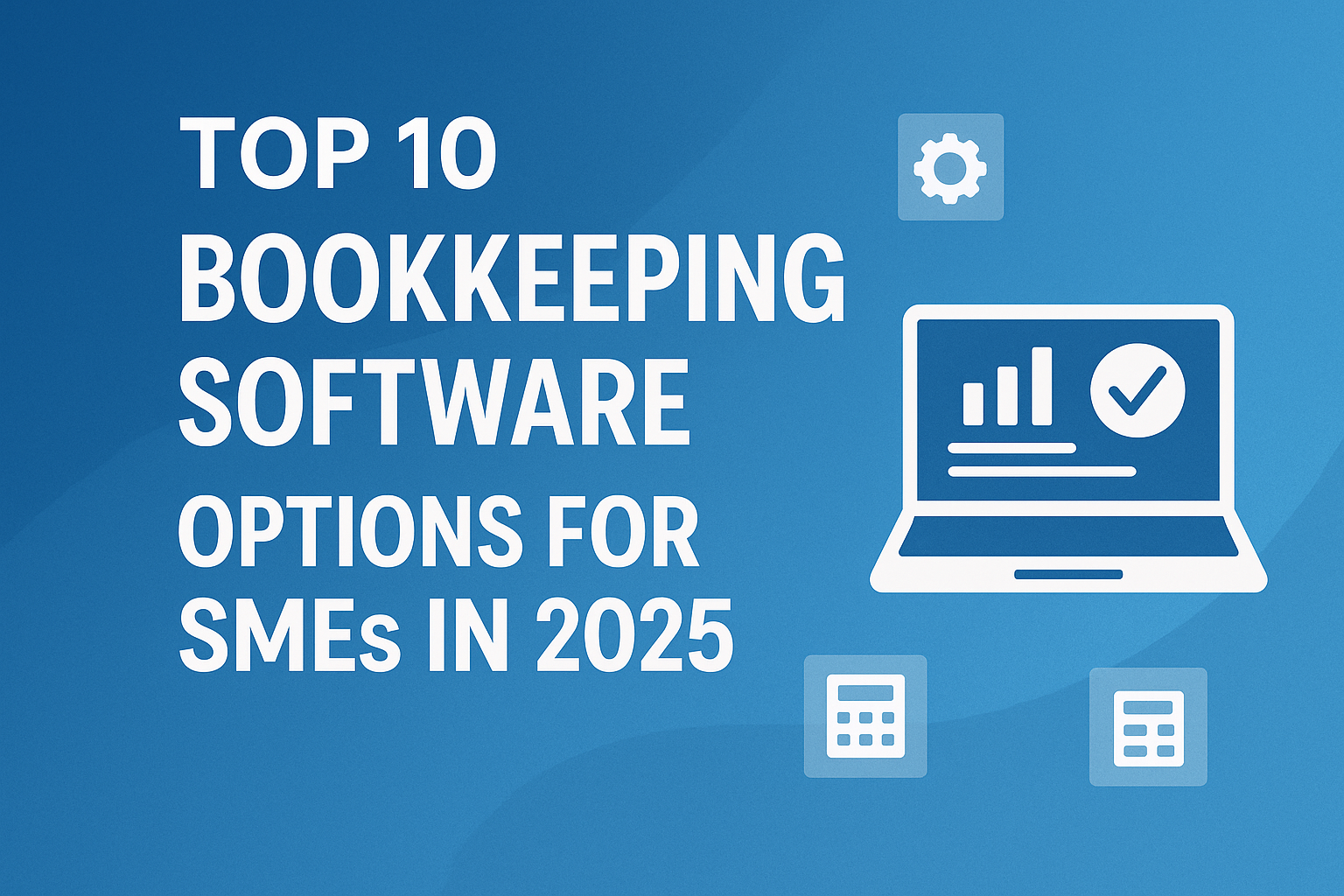
In 2025, bookkeeping is no longer a tedious task for small and medium-sized enterprises (SMEs). Thanks to the rise of automation and AI tools, business owners and teams can now spend less time wrestling with spreadsheets — and more time growing their companies.
Whether you’re a startup just getting off the ground or a growing SME with multiple entities, the right bookkeeping software can simplify accounting, reduce human error, and help you stay compliant with ease.
Here are the Top 10 bookkeeping software solutions for SMEs in 2025 👇
ccMonet is purpose-built for SMEs, especially in Southeast Asia. It combines powerful AI bookkeeping with expert review, addressing common pain points like manual data entry, reconciliation, and compliance.
Best for: F&B businesses, clinics, beauty chains, manufacturing companies, and property management firms that want fast, accurate, and compliant bookkeeping.
💡 Highlight: No accounting background required. ccMonet helps SMEs automate financial operations while staying audit-ready.
QuickBooks remains one of the most popular accounting software solutions globally. Known for its comprehensive features and integrations, it’s ideal for SMEs that have in-house finance teams.
Best for: SMEs with cross-border operations or more complex accounting needs.
Xero is loved for its clean interface and powerful cloud-based financial management tools. It’s particularly strong in remote and distributed team environments.
Best for: Service businesses and international teams.
Wave is a free bookkeeping platform perfect for small businesses and startups. While simple, it covers essential bookkeeping functions very well.
Best for: Founders or freelancers with basic accounting needs.
Zoho Books is gaining traction in Asia, especially among businesses that need to stay tax compliant. It integrates seamlessly with the Zoho ecosystem.
Best for: SMEs scaling rapidly across regions.
FreshBooks is known for its simplicity and ease of use. It’s great for business owners who want to manage their books without getting lost in accounting jargon.
Best for: Service-based SMEs and freelancers.
Sage is a trusted name in accounting software with decades of experience. Its cloud solution offers solid financial management features that meet international standards.
Best for: Growing SMEs and traditional industries.
Kashoo focuses on simplicity, making it easy for non-accountants to manage their books. Its AI helps categorize transactions quickly and accurately.
Best for: Small teams that prefer a lightweight tool.
OneUp is popular among retail and trade companies for its unique ability to sync bookkeeping with inventory.
Best for: Retail, wholesale, and trading businesses.
ZipBooks offers a simple and affordable cloud bookkeeping solution with a clean, modern UI.
Best for: Budget-conscious SMEs looking to modernize their bookkeeping.
The “best” software depends on your specific business needs. Consider these factors when making your decision:
For SMEs that want to work smarter, not harder, an AI-powered platform like ccMonet offers a practical, human-backed way to automate bookkeeping, reduce errors, and stay compliant — without building a finance department from scratch.
Bookkeeping shouldn’t be a burden — it should be a tool to make your business clearer, faster, and more scalable.
👉 Learn more about how ccMonet can help your SME automate finances: www.ccmonet.ai